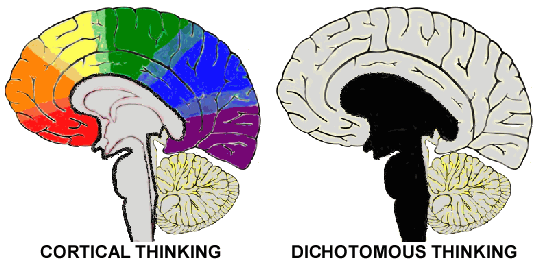From a later exchange with the same friends mentioned in the 8/8/14 post:
So what am I really trying to saying to you? What is the real point I am trying to get across? I’ve had trouble thinking about anything else for the past 14 hours. When I first read your latest reply, part of me wanted to say “You are wrong. You are bad. You are selfish and short sighted. You should be more like me. I am good.” Unfortunately my distain for such overly dichotomous noise prevents me from doing so. Besides, would such statements have any effect, unlikely. Furthermore, who am I to tell you what your values and goals should be? And finally while I do not know you, it is probably the case that, while you may think it silly to go out of your way to try to make the world a better place, you do not go out of your way to make it worse. So in the end, I do not want people like you to change very much. It turns out what I am looking for is a tweak. You helped me realize that what I am trying to do is tweak the world.
So here it is. Starting with your individual values, you arrive at a series of goals. In deciding how to achieve those goals, I propose always question the dichotomaticity of the approach. Be aware of how counterproductive DT can be. When dealing with others, first ask, What are their goals? Next, are these goals consistent with my values and goals? If so, will the actions they propose really help achieving our common goals? And finally, is the degree of dichotomaticity justified? Is DT replacing goal-oriented thinking?
I am not saying you should change your values or your goals. I am asking you to think about the process by which you achieve those goals. To me, the process of achieving goals and solving problems is inherently human. The ability to acknowledge our individual values and set our own goals is part of what separates us from animals and machines. If there are two equally effective ways to achieve a particular goal (A and B) and if A also has the added effect of making this a better world or facilitating the solution of other problems and if B had the effect of exacerbating other problems, most of us would choose A. In general, I believe the more dichotomous the approach to a problem the more it tends to be like B.
